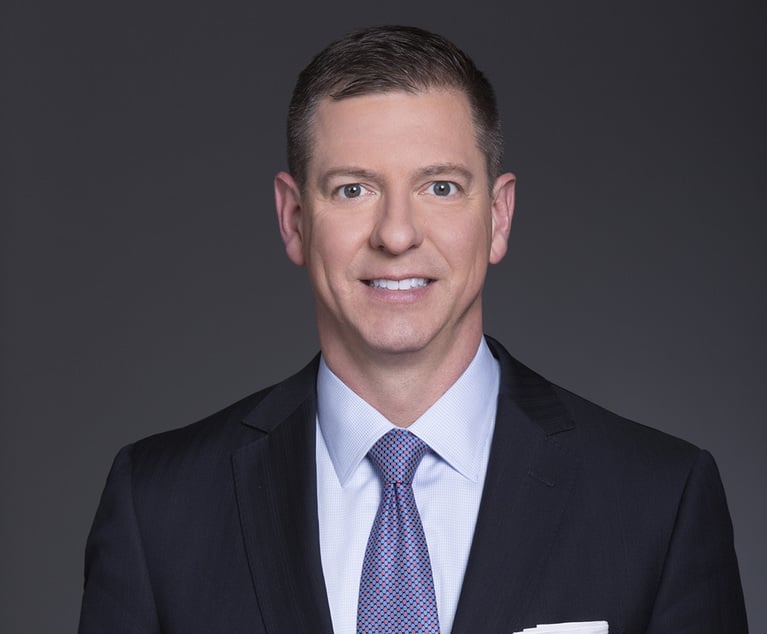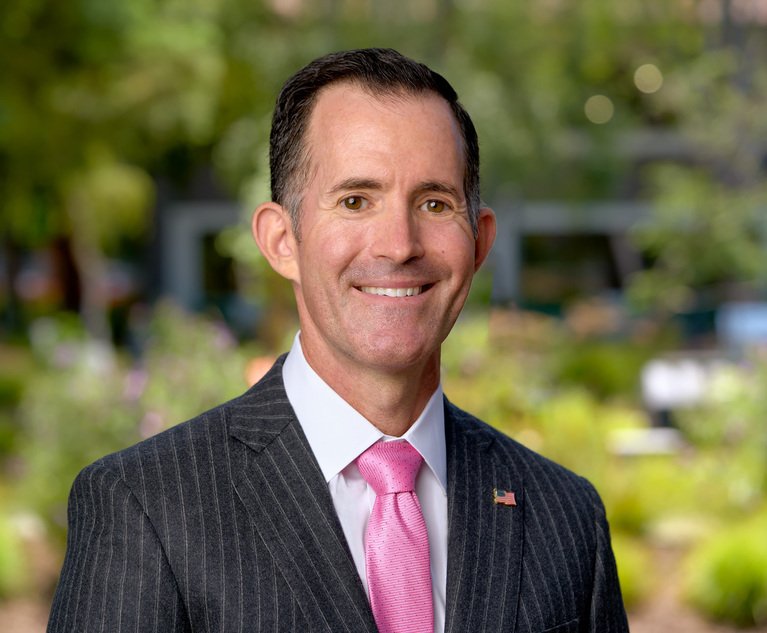That Ellen Pao has nothing nice to say in her new book “Reset” about Orrick, Herrington & Sutcliffe litigator Lynne Hermle is not surprising. Plaintiffs aren’t usually too fond of defense counsel who beat them at trial, especially in a case as deeply personal as Pao’s.
According to Pao, Hermle is (among other things) “gratuitously vicious” and “seemed to me to be like someone who had been beaten down too many times—she could no longer see any good in people and attacked without any sense of scale or humanity.”

 Lynne Hermle of Orrick, Herrington & Sutcliffe
Lynne Hermle of Orrick, Herrington & Sutcliffe








